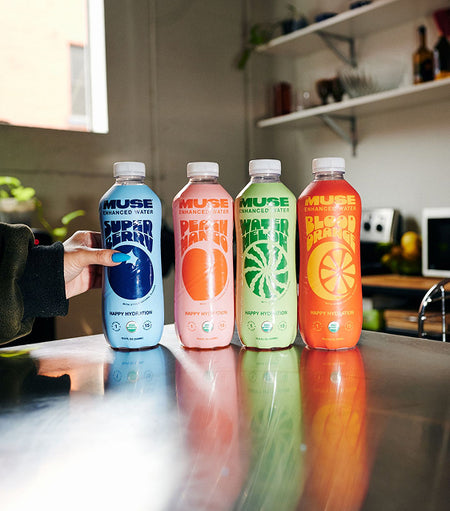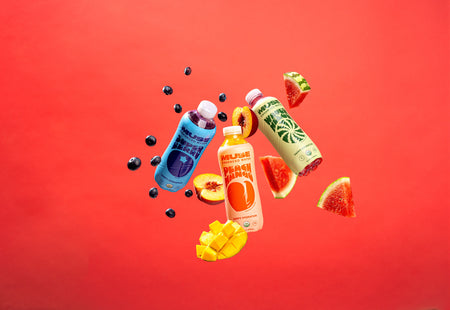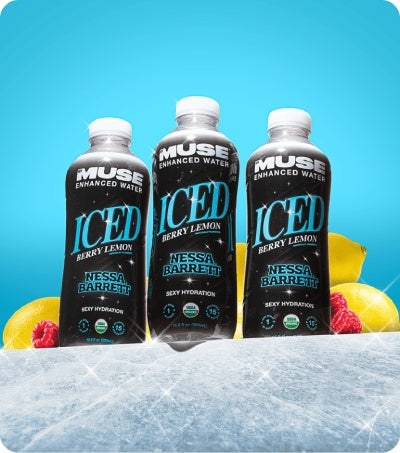When we think of zinc, most of us imagine the thick white mineral sunscreen used by hardcore beachgoers to avoid a burn, but zinc is also an essential mineral our bodies need to function well. In fact, after Iron, Zinc is the second most abundant trace mineral in our bodies and is present in every one of our cells.
Zinc is an antioxidant that is critical to a number of functions that keep us healthy including the development and function of immune cells that keep the immune system strong. Studies have shown that Zinc may reduce the length of the common cold by up to 33%!
Zinc aids our senses of smell and taste, supports normal growth and plays a crucial role in collagen synthesis which helps accelerate wound healing. It’s needed by hundreds of enzymes that aid in metabolism, digestion, nerve function and many other processes and Zinc helps our body make DNA which contains our genetic code and tells our body how to work the way it should.
Clearly, Zinc is crucial for us to function, but our bodies don’t naturally produce it so we need to get it from food.
Sources of Zinc include:
- Shellfish: Oysters, crab, shrimp, mussels, lobster and clams
- Fish: Salmon, sardines, flounder and sole
- Meat & Poultry: Beef, turkey, chicken, pork, lamb and bison
- Legumes: Chickpeas, lentils and beans
- Nuts and seeds: Hemp seeds, sesame seeds, pumpkin seeds, pine nuts, peanuts, cashews and almonds
- Dairy & Eggs: Milk, yogurt and cheese
- Whole grains: Wheat, rice, oats and quinoa
- Select vegetables: Shitake mushrooms, green peas, spinach (cooked), asparagus, potatoes, green beans, kale, broccoli, sweet corn, okra and beet greens
- Dark chocolate
- mymuse: one bottle of our enhanced waters and teas provides 50% of your RDI
Sources:
 Our Story
Our Story
 FAQ
FAQ
 Contact
Contact
 Enhanced Water
Enhanced Water
 NESSA BARRETT x ICED
NESSA BARRETT x ICED






